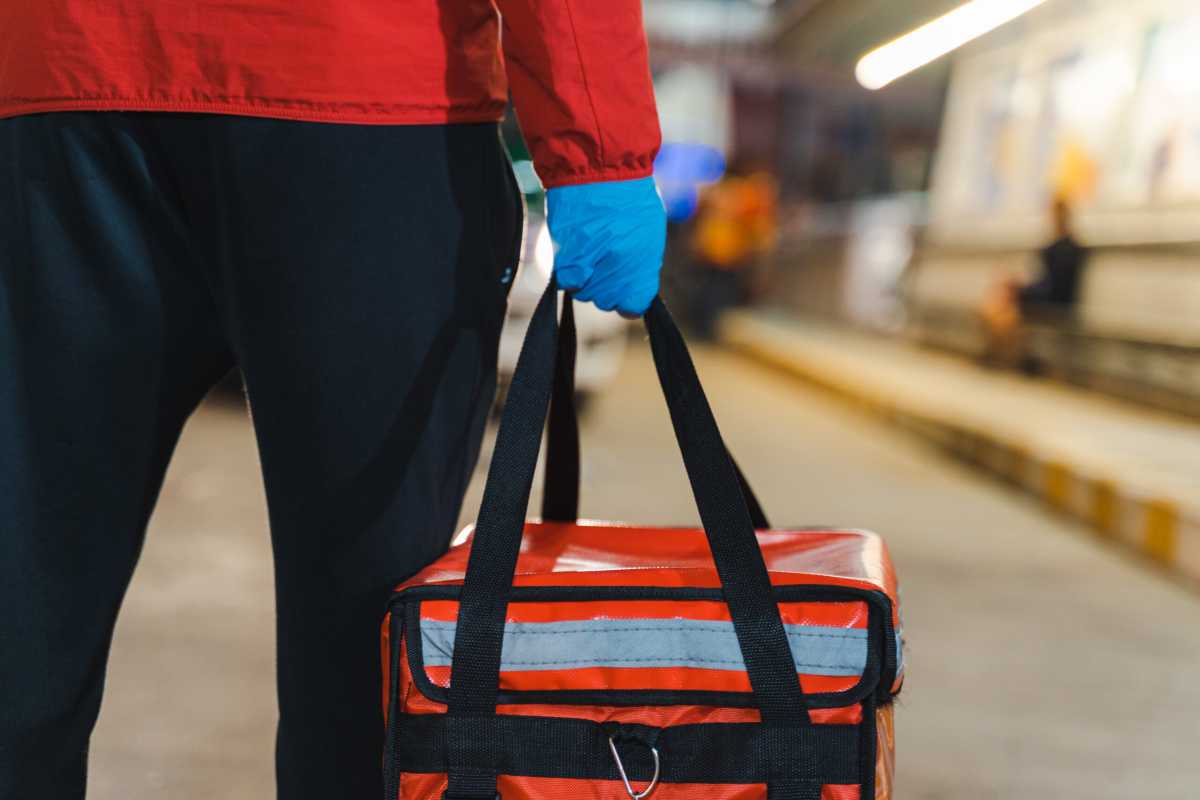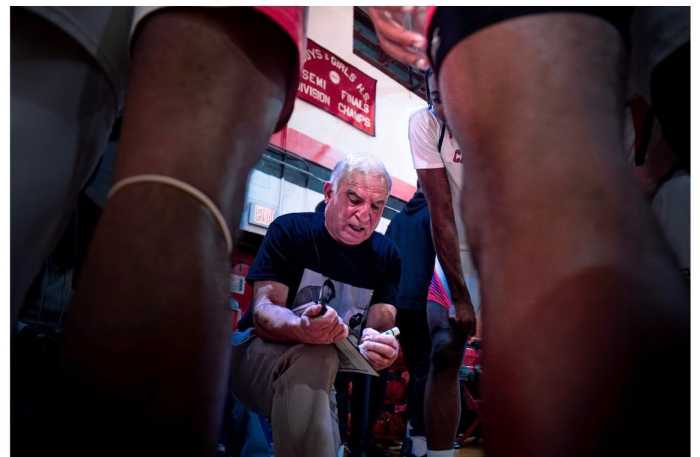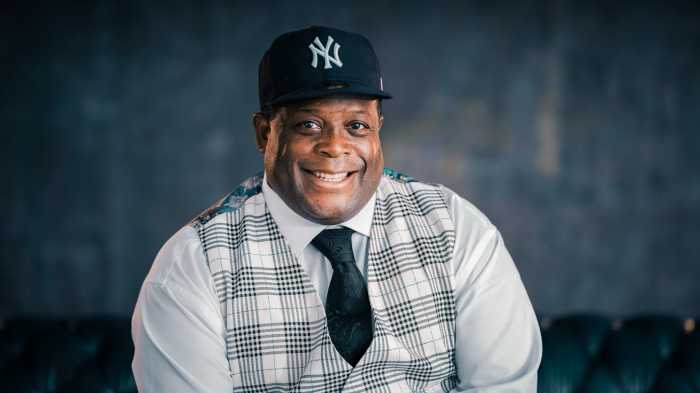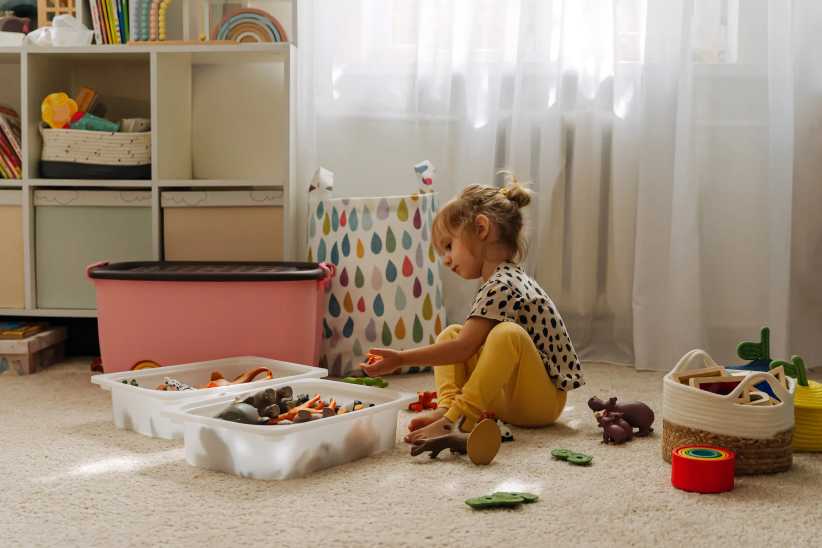William Lopez, a 55-year-old Puerto Rican born Queens resident, works tirelessly to provide for his family, where he puts money aside to put his son through law school, pay for his wife’s medical needs, cover his daughter’s college tuition, as well as send money back home to relatives in Puerto Rico.
Lopez, who works a full-time job, aims to meet these needs by moonlighting as a courier with DoorDash. Starting in 2019, he began working with the food delivery company to pay for his wife’s heart transplant. In addition to the income from his fulltime job, Lopez typically makes over $1,700 a month working around 30-hours a week as a dasher.
Door dashing has become a significant source of his income for the past six years, and as Lopez puts it, the company has become “part of my family.”
“Believe it or not, me doing DoorDash was helping me a lot. After taxes, paying rent, paying bills it’s not enough. So, when you have a daughter going to college you have to make money. It was giving me a break where I didn’t have to go out there and kill myself looking for another job,” he said.
However, just last month, Lopez only made $200 from 14 deliveries, a staggering change from his typical rate of close to 200 deliveries a month. Lopez’s dip in income, he said, could be attributed to a new policy the NYC Department of Consumer and Workers Protection issued in June 2023.
The policy created a rule that makes third party delivery companies pay their workers a minimum wage rate based on a set formula.
There’s two ways companies are permitted to pay workers.
One method is to pay them $29.93 per hour for all time spent on deliveries from when the order is accepted to drop off, or to pay $17.96 per hour– from time acceptance to delivery time–with an additional weekly bonus for active dashers based on the amount of time they spend on the app looking for orders to fill.
In response to the policy, DoorDash has paid its couriers $29.93 per hour, and moved its tipping function. NYC customers now tip when the food arrives, as opposed to when they enter the order.
The increased cost associated with the wage has led to DoorDash having to adjust its delivery fees, with the company implementing a $1.99 fee on orders on Feb. 1.
The fee appears to be hurting its volume of business. According to DoorDash, just in the past few weeks there have 200,000 fewer orders.
Although the city adopted the rule to create minimum pay protection for food delivery workers, Lopez feels the plan has backfired as consumers are less inclined to order online due to the higher cost charged for delivery.
“Right now, with the new law I have lost so much money because I do not receive money like how I used to before. I used to be a top dasher, and now I can’t even become a top dasher, because I only make 14 deliveries a month… “Last month I made $1,700, I think this month, I’ve made $200,” he said. “Let’s say I made $250, maybe half of that money or a little less was tipping, ” he said. “Now it’s nothing.”
Prior to the new policy, Lopez’s high delivery volume made him a top dasher, which gave him priority access to deliveries and guaranteed work.
“I was a top dasher, and the thing is all this process is affecting people like me. I used to have enough deliveries to become a top dasher the next month because I had the rating. But you need to make deliveries you won’t make, even if you have the rating,” he said. “ I was able to go anywhere to work even if it was slow. I was able all the time to have a schedule to work, and they’d guarantee you work too,” he said. Despite his high rating, Lopez’s dip in deliveries means he no longer qualifies for that status.
Lopez is currently at a loss at what to do to supplement his income.
“I’m thinking about what I should do. I’m trying to go to different locations, I don’t know what to do to tell you the truth. I know before this law everything was working for me. DoorDash was a big help. I would love for the government to see what is happening so they can make some changes. I’m afraid that if this keeps going like this it’s going to get worse,” he said.



































